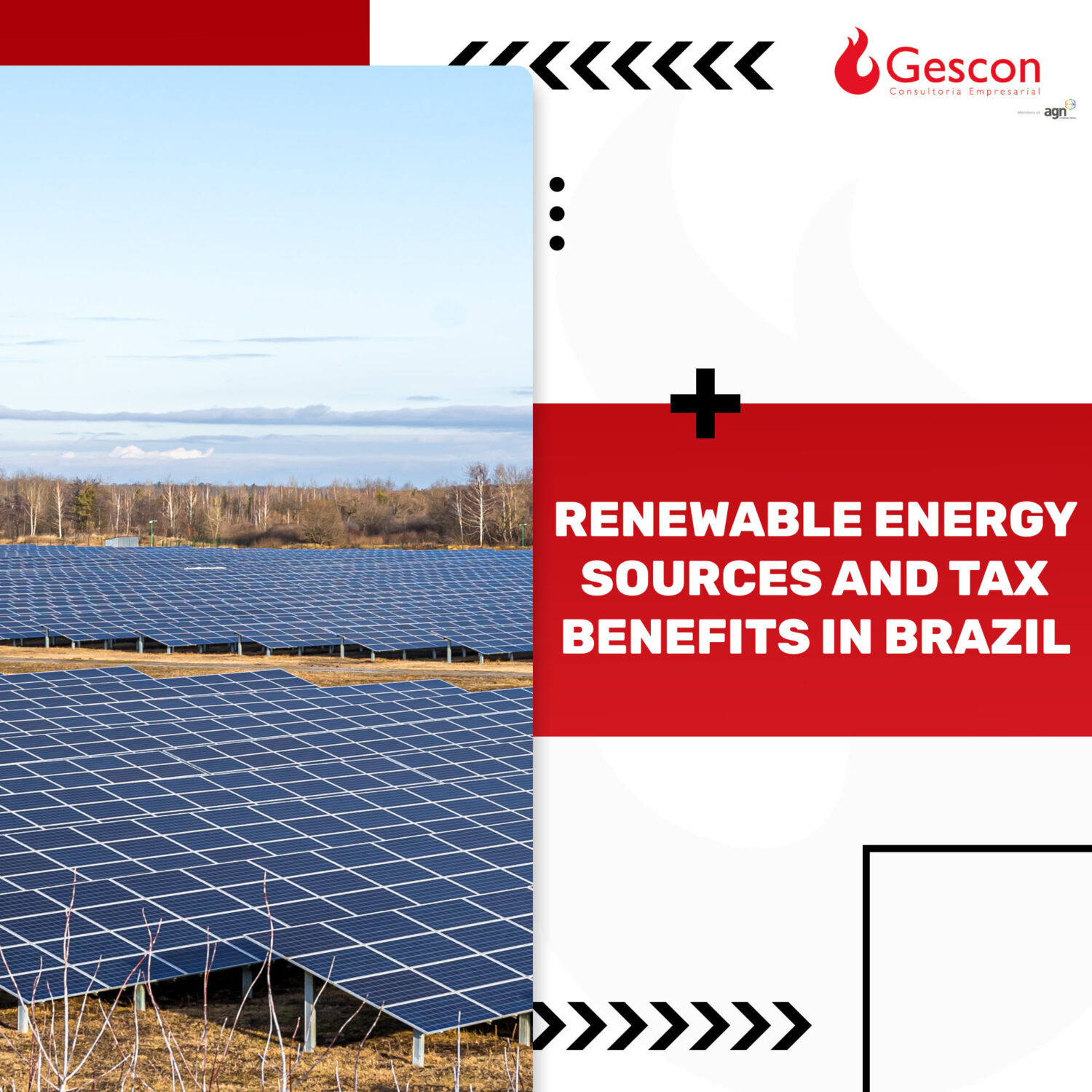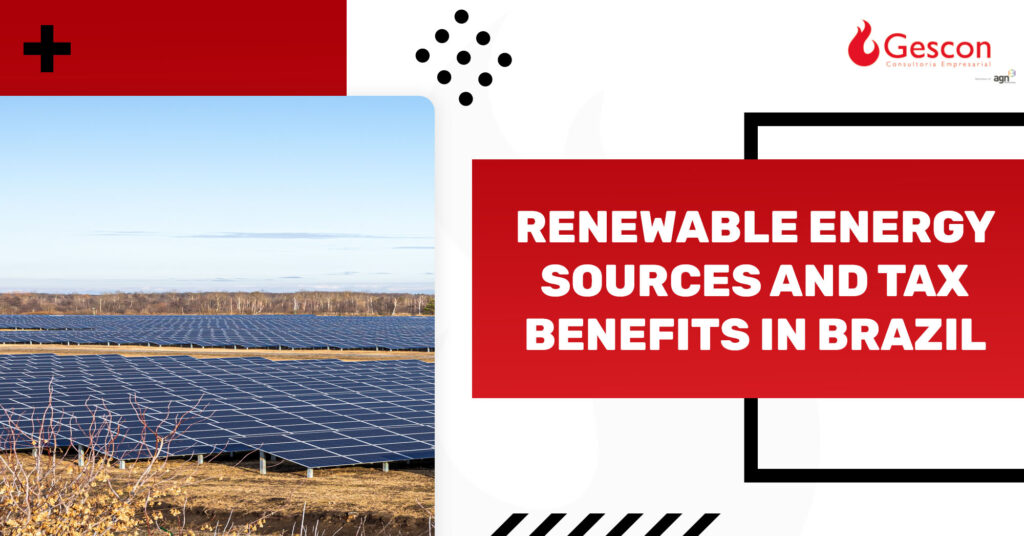Address
304 North Cardinal St.
Dorchester Center, MA 02124
Work Hours
Monday to Friday: 7AM - 7PM
Weekend: 10AM - 5PM
Address
304 North Cardinal St.
Dorchester Center, MA 02124
Work Hours
Monday to Friday: 7AM - 7PM
Weekend: 10AM - 5PM


The tax incentive for green innovation in companies is one of the Brazilian government’s greatest strategies to face the challenge of energy generation in the country.
Brazil experienced the worst drought in 100 years in 2021. Consequently, the lack of water in hydroelectric plants has plummeted to the lowest level on record. The environmental crisis created by climate change demands emergency solutions for the Brazilian energy matrix.
The path often pointed out to solve the issue is through micro and mini distributed generation of energy from renewable sources. It is a promising alternative, since Brazil has great potential for natural and inexhaustible resources such as sun, rain, tides, wind, and organic waste (biomass).
Seeking to promote the use of the abundant renewable resources in the country, the Brazilian government created the ProGD (Program for the Development of Distributed Generation of Electric Energy). The Program includes special lines of financing and tax relief, with the objective of boosting investments in the development of renewable sources in the decentralized generation of electricity.
In addition, the government offers financing lines and tax incentives for companies and projects that promote environmental sustainability, with the aim of encouraging companies to invest in green practices to obtain global competitiveness and attract the interest of foreign investors. We list some of the main initiatives below:
It is evident that the government incentive to innovation promotes great advantages to the Brazilian energy system. Among the main benefits for the country are the diversification of the energy matrix, savings with reduced losses caused by long distances between generation and consumption, the postponement of investments in energy infrastructure works, in addition to the significant environmental impact on energy generation.
For companies, in turn, investing in renewable energies goes hand in hand with the sustainable development of their businesses. Responsible environmental positioning brings a series of benefits to the company. Energy autonomy, ESG practices, up to 95% reduction in energy costs and tax benefits are some examples of competitive advantages.
Want to know how these initiatives can benefit your business? Gescon has a team of experts ready to analyze your company’s potential, contributing to its sustainable growth.